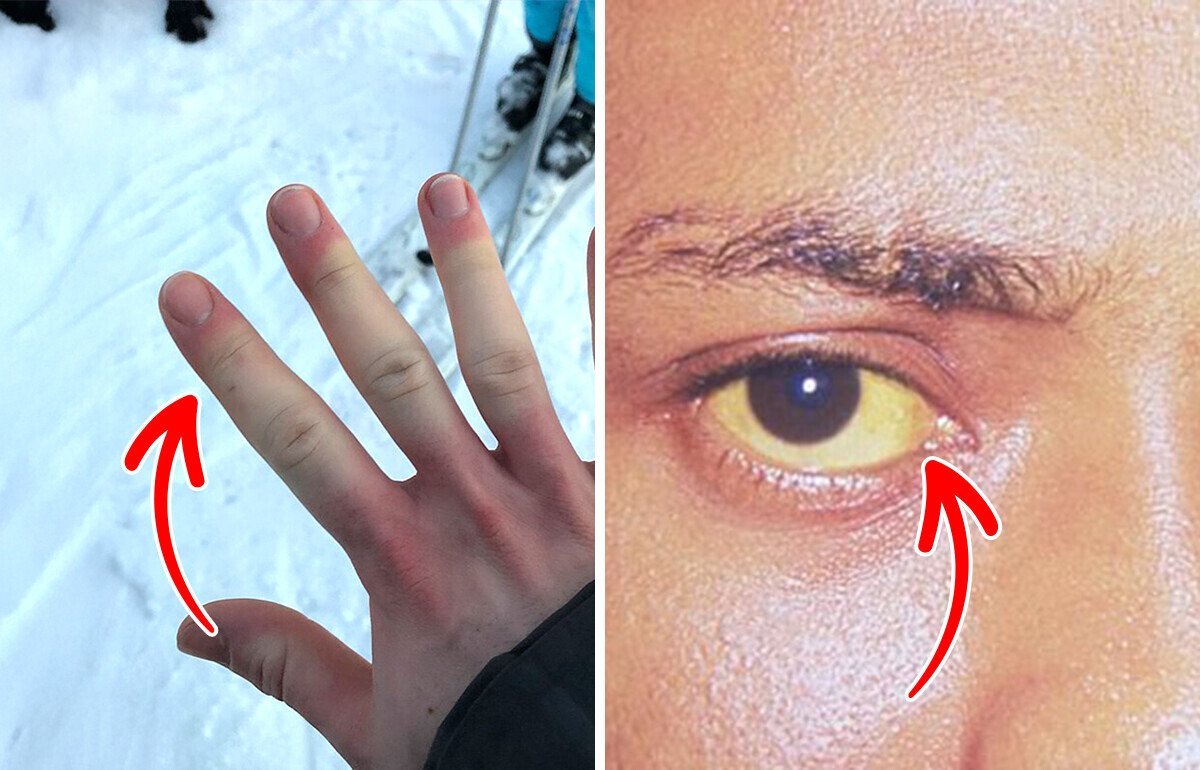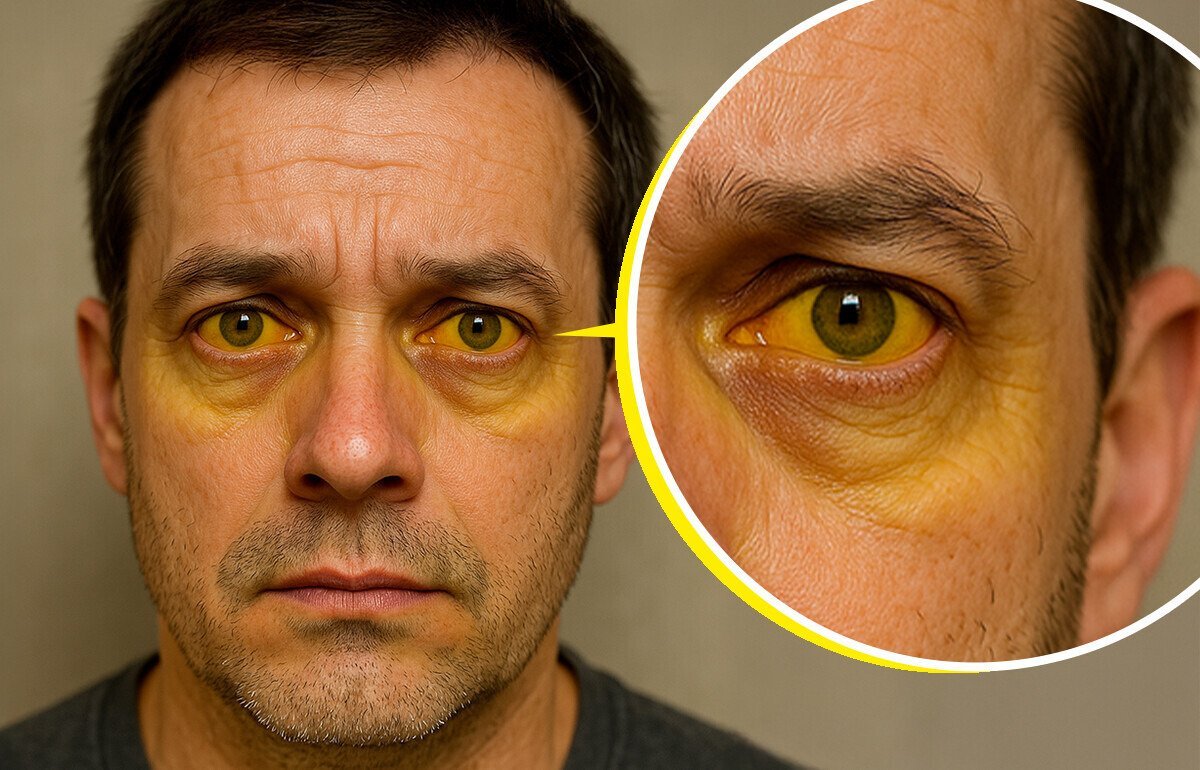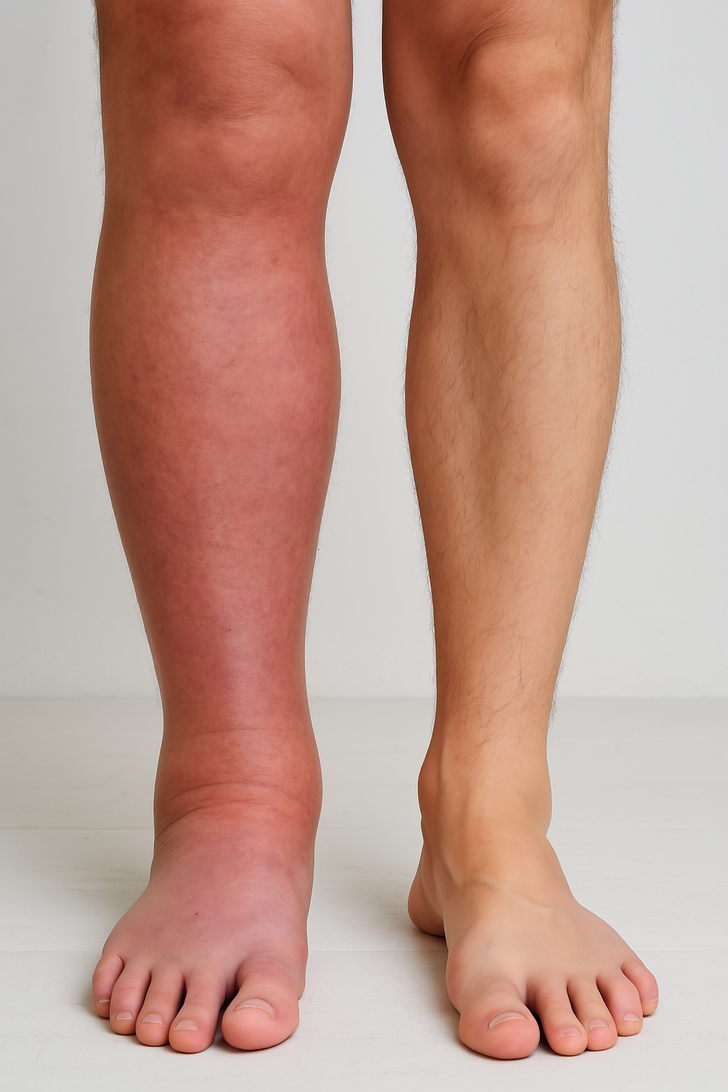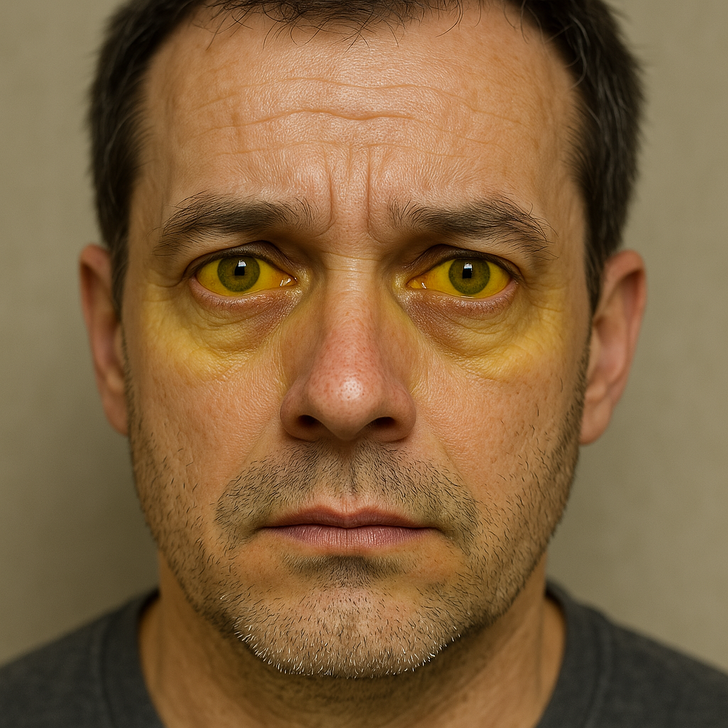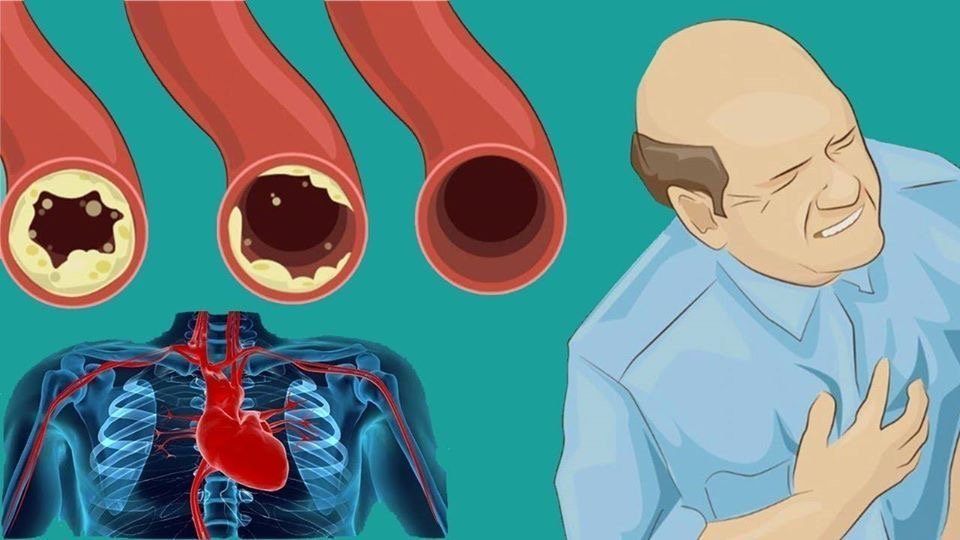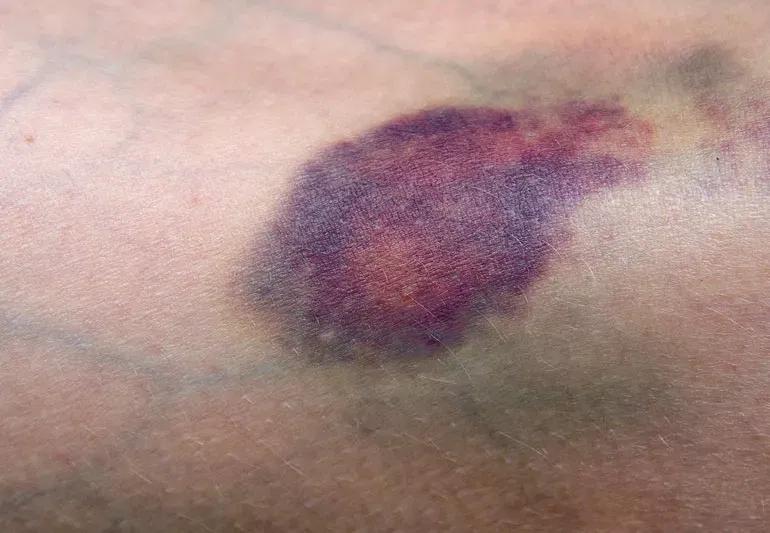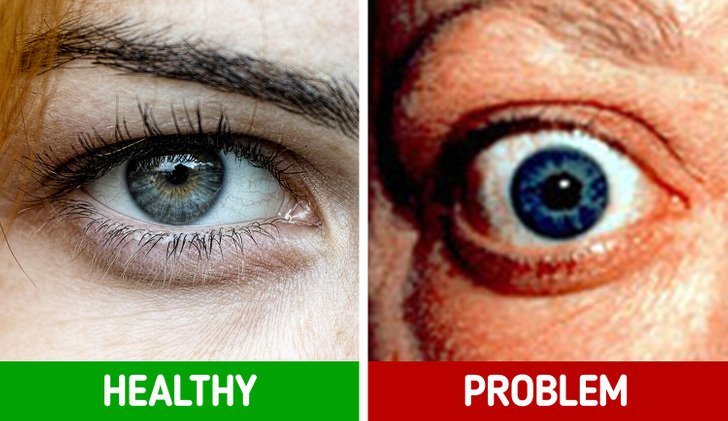Your immune system acts as your body’s shield against diseases, but when it fails to function effectively, even typical infections can escalate into more serious issues.
Symptoms like frequent colds or unexplainable fatigue can hint at a compromised immune system.
In this article, we will delve into 8 warning signs that may suggest your immune system is not up to par—and the importance of addressing these signs.
Remember to seek medical advice if you notice any of these symptoms.
THE INFORMATION IS OFFERED SOLELY FOR EDUCATIONAL PURPOSES AND SHOULD NOT BE CONSIDERED A REPLACEMENT FOR PROFESSIONAL MEDICAL ADVICE.
CONSULT YOUR PHYSICIAN ABOUT YOUR HEALTH AND MEDICAL ISSUES.
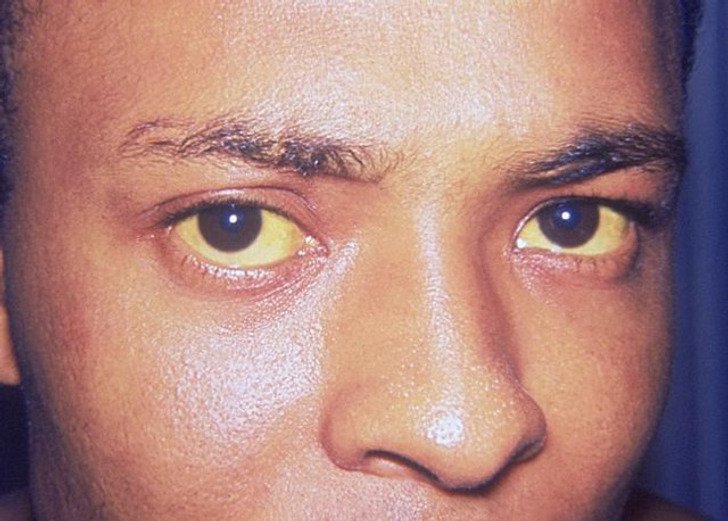
I think, I can never earn over which I paid by my precedent employer, but I was wrong, world is so large to try their fate.
but now I am making $52/h even more,and easily earn minimum $1300/week, on the experience everyone must try to do work online, easy way to earn, here’s an example.
𝐰𝐰𝐰.Richnow1
Jaundice could be a sign that your immune system is mistakenly attacking healthy liver cells, potentially leading to a condition known as autoimmune hepatitis.
Keep in mind that jaundice is not a disease. It’s a sign that the liver, gallbladder and bile ducts aren’t functioning normally.
If you experience similar symptoms, don’t forget to visit your doctor.

People with autoimmune disorders can sometimes experience an allergic reaction to ultraviolet (UV) rays, known as photodermatitis.
This condition may cause blisters, rashes, or scaly patches on the skin after sun exposure. In some cases, it can also lead to symptoms like chills, headaches, or nausea.
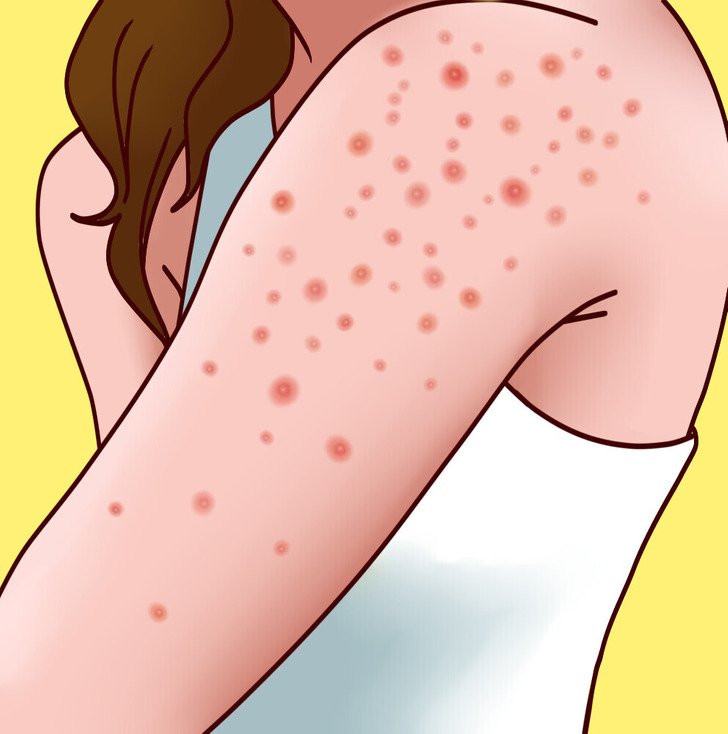
Your skin acts as the body’s first line of defense against germs, and its appearance can be a sign of how well your immune system is functioning.
Dry, itchy, or red skin often points to inflammation.
A rash that’s painful or lingers without healing can be another warning sign. For example, people with lupus commonly develop a butterfly-shaped rash across the nose and cheeks.
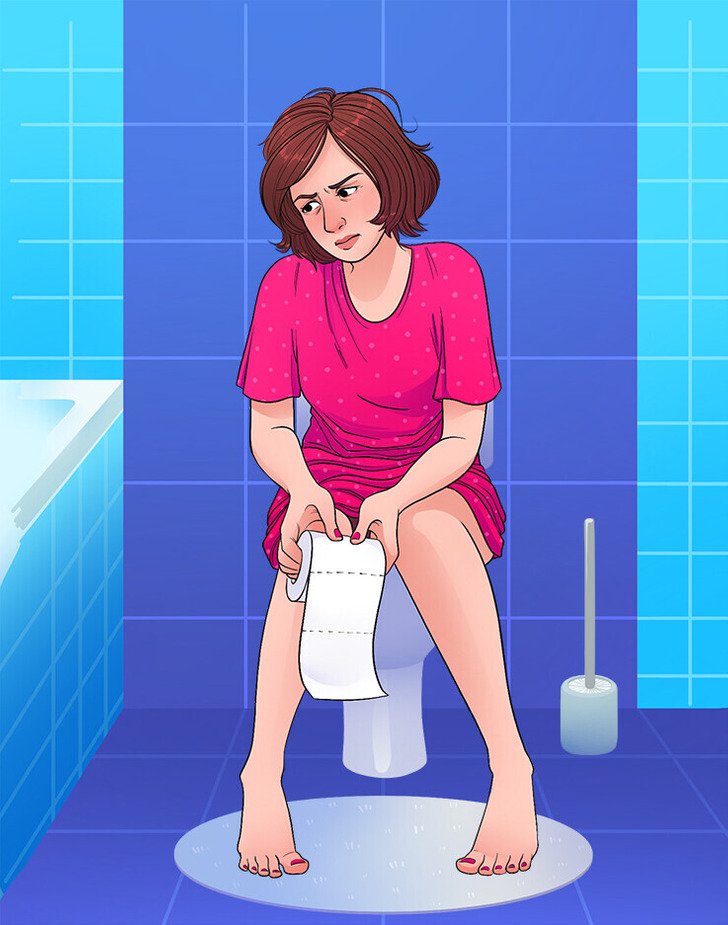
Diarrhea lasting longer than 2 to 4 weeks may be a sign that your immune system is damaging the lining of your small intestine or digestive tract.
Constipation can also signal an issue.
If your stools are very hard, difficult to pass, or resemble small rabbit pellets, it could mean your immune system is causing your intestines to slow. However, infections like bacteria or viruses, as well as other health conditions, can also be responsible.
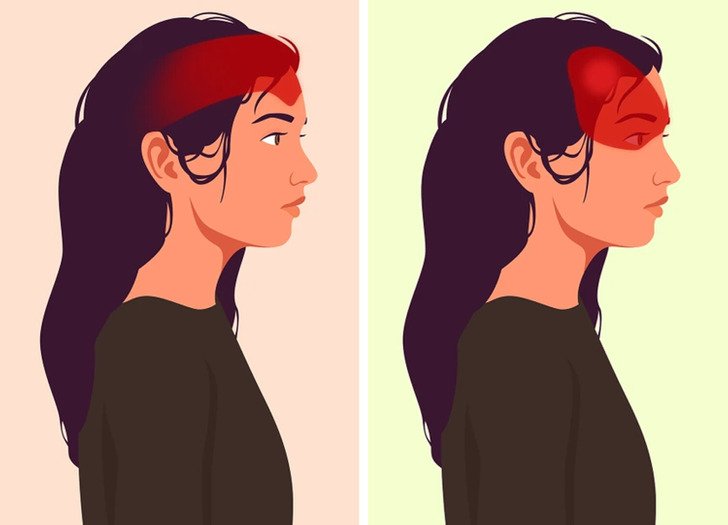
Feeling extremely fatigued—similar to the exhaustion you get with the flu—might be a sign that your immune system is under strain.
This kind of tiredness usually doesn’t go away with rest. You may also experience aching joints or muscles. Of course, there are many possible reasons for these symptoms.
In some cases, headaches can also be linked to immune system issues.
For instance, they might be caused by vasculitis, a condition where blood vessels become inflamed due to an infection or autoimmune disorder.

In some cases, the immune system mistakenly attacks hair follicles.
This can lead to hair loss on the scalp, face, or other areas of the body—a condition known as alopecia areata.
Losing hair in strands or clumps may also be a sign of lupus.
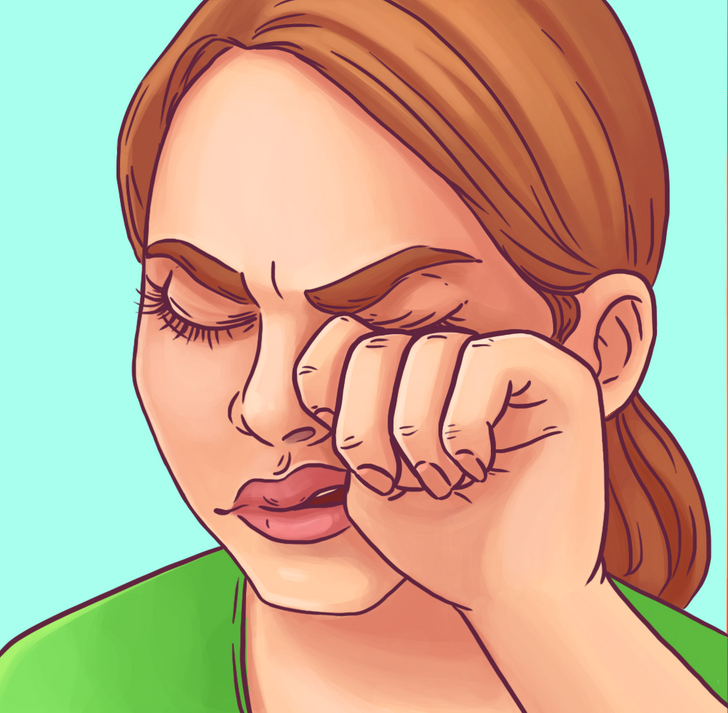
Having an autoimmune disorder means your immune system attacks your own body instead of protecting it.
Conditions like rheumatoid arthritis and lupus are common examples.
A frequent symptom among people with autoimmune disorders is dry eyes. You might feel like there’s something gritty or sandy in your eyes. Other signs can include redness, pain, blurred vision, or a stringy discharge.
Some people even find they’re unable to produce tears, even when they’re feeling emotional.

When your blood vessels become inflamed, it can affect circulation, making it harder for your fingers, toes, ears, and nose to stay warm.
In cold temperatures, the skin in these areas might first turn white, then blue. As blood flow returns, the skin may become red.
source: brightside
